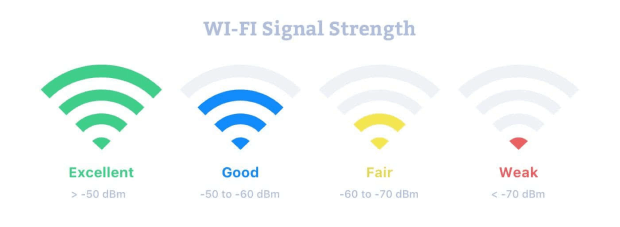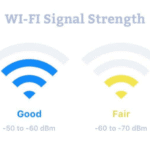
On Monday, the Central Board of Direct Taxes (CBDT) extended the closing date for filing income tax returns and audit reports for the evaluation year 2018-19 by way of another 15 days to October 15 for certain classes of taxpayers. This is applicable for corporations with an annual turnover of Rs 2 crore, which is also required to get their money owed audited by a chartered accountant.
However, the extension is most effective on filing, as September 30 continues to be the cut-off date for paying taxes.
The return bureaucracy released using the I-T department in advance had asked for information associated with goods and services tax (GST). Given that it’s miles the first 12 months for I-T filers after the brand new indirect tax regime came into herein, many tax practitioners had petitioned the board to provide greater time. “Given that the July 31 due date became extended to August 31, adjustments in tax return shape, in addition to the software for tax return shape, and numerous changes in GST, this is a welcome flow,” Samir Kanabar, tax partner, EY India, stated
“It is essential for an entity to reconcile the figures of turnover, input tax credit score, and output tax legal responsibility, performing within the books of account with the figures suggested in GST returns,” Naveen Wadhwa, DGM, Taxmann.com, stated.
The extension would offer the auditors and entities extra time to reconcile the information and file the right figures, as any mismatch within the figures might bring about wrong reporting in profits-tax returns and tax audit reports, Wadhwa said.
Pros and Cons of the Fair Tax Act
Let’s start using examining what the Fair Tax Act is. The Fair Tax Act is a tax designed to replace all federal income taxes. The plan changed into created through Americans for Fair Taxation, an advocacy group formed to replace the tax machine; this organization states that, together with economists, it developed the plan and the name “Fair Tax,” based on the desires of most people. Because the phrase “honest” is subjective, the plan’s name has been criticized as misleading advertising and marketing by some, even as being publicized as true to its call with the aid of others.
The Fair Tax Act has many arguments going through each method; some of them are for it, while others are completely against it. The following are some arguments in favor of the Fair Tax Act:
Federal income taxes could be completely removed, and an extensive countrywide sales tax on retail income in its vicinity.
With the repeal of federal earnings taxes, the IRS would essentially cease to exist.
The Fair Tax will now not punish companies for expanding and developing more jobs, investing in research and improvement, or donating to charity.
All modern-day authorities’ offerings will remain absolutely funded, together with Social Security and Medicare.
Because this tax system is income-based totally in place of profits-primarily based, human beings will be able to exercise a certain amount of control over how much tax they pay.
Tax evasion may be reduced because folks who presently resist paying profits taxes and derive their earnings from black market resources could be taxed automatically at the point of sale whenever they buy new goods and services.
The bottom price of goods and offerings might be lower because the embedded costs of the present profits tax gadget will not be an aspect.
A national sales tax, inclusive of this, will be tons more obvious than the cutting-edge tax machine. The people of America will see the quantity of taxation and optimistically reduce wasteful spending, corruption, and inefficiency in the government.
These things all covered up might also make the Fair Tax Act seem to be quite a deal; however, earlier than the American people decide, they must also look at some of the subsequent arguments which might be made in opposition to the Fair Tax Act:
If the earnings tax isn’t fully repealed as promised or a destiny president or perhaps even Congress decides to update a few parts of the income tax code, we ought to turn to a nationwide income tax and an earnings tax, which could be catastrophic for our financial liberty.
The countrywide income tax rate isn’t always adjusted for inflation, which means that as inflation increases, the base price of products and services can increase.
People who’ve paid into the Social Security system and private financial savings accounts for retirement will be correctly double-taxed once they begin withdrawing their money and spending it, due to the fact all the money that they have managed to save has already been taxed by way of the existing taxation.
The retail charge of new items and services will increase, and the primary sight of apparently better costs may have a diminishing impact on the financial system.
Because tax fees can be under the national sales tax machine, this can permit the government to increase tax rates on certain gadgets that it deems “bad” or “risky.”
The “probate” inside the Fair Tax system ought to certainly do several damage over the years, likely causing humans to depend too closely on the authorities.
If the Fair Tax turns out to be too high, this can urge more people to enter the black market to avoid the tax.
The Fair Tax does not restore the principal cause of high taxation; that’s extreme government spending. Simply converting the technique of taxation isn’t always going to change the basic causes of unfair taxes.












